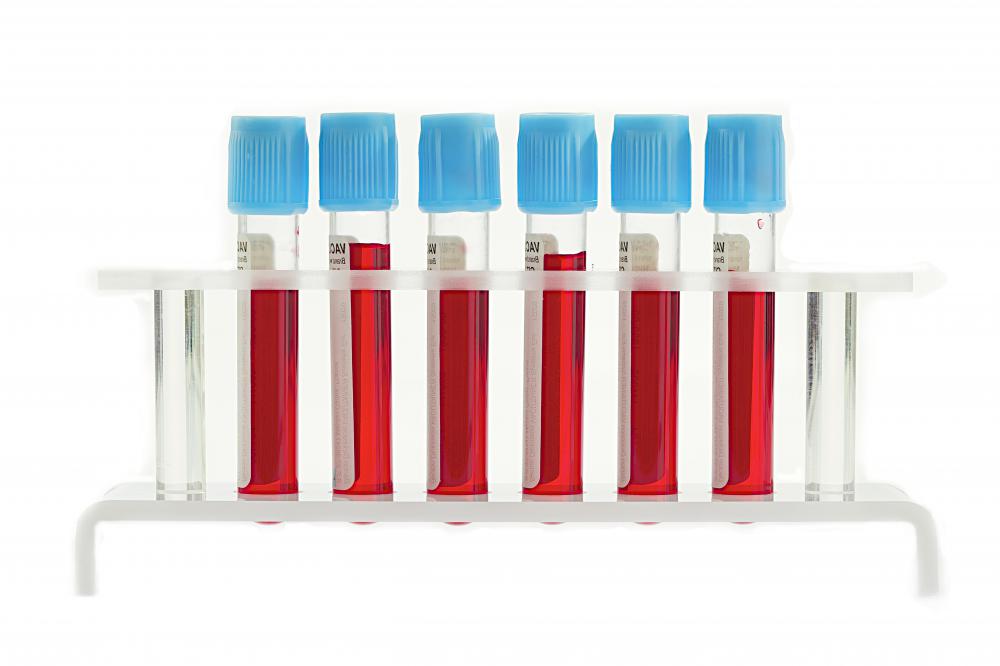At WiseGEEK, we're committed to delivering accurate, trustworthy information. Our expert-authored content is rigorously fact-checked and sourced from credible authorities. Discover how we uphold the highest standards in providing you with reliable knowledge.
How Do I Become a Genetic Technologist?
Genetic technologists prepare samples of blood, amniotic fluid, or bone marrow and analyze them for abnormal chromosomes. In order to become a genetic technologist, you must complete at least four years of study in the field of cytogenetic technology at an accredited institution. You will also need to have a certain amount of work experience in a genetic technology laboratory. In addition to these educational and work experience requirements, you may want to be professionally certified to become a genetic technologist.
When you become a genetic technologist, your work usually takes place in some type of private or government-run laboratory. As a genetic technologist, you prepare samples of bone marrow, blood, or amniotic fluid for analysis. You then analyze these samples for abnormal chromosomes. The results of your analysis will help doctors treat cancer, infertility, mental retardation, and birth defects. You may also be involved in clinical research to help discover new ways to treat or prevent diseases.

Becoming a genetic technologist requires obtaining at least a bachelor’s degree in cytogenetic technology or biotechnology. You must earn your degree at an accredited college or university to be considered for employment in this field. During your education, you will study subjects such as biology, hematology, immunology, and genetics. You will also receive practical training with laboratory and darkroom equipment. Training is also provided in laboratory data systems and quality control procedures.

Before you can become a genetic technologist, you must also gain at least one year of practical work experience in this field. Most colleges and universities provide internships at local hospitals and private laboratories to gain this necessary experience. An internship will allow you to work under the direct supervision of a genetic technologist to learn the practical application of your studies. Some hospitals and research laboratories offer accredited training programs when an internship is not available. Prospective employers sometimes accept participation in an accredited training program in place of actual work experience.
In addition to your education and work experience, you may also want to seek professional certification as a genetic technologist. Many prospective employers require professional certification before you can become a genetic technologist. In the U.S., for example, professional certification is offered by the American Society for Clinical Pathology. Applicants must posses a bachelor’s degree in chemical, biological, or medical science in order to sit for the exam. At least one year of recent work experience in cytogenetics or a certificate of participation in an accredited training program is also necessary.
AS FEATURED ON:
AS FEATURED ON:












Discuss this Article
Post your comments